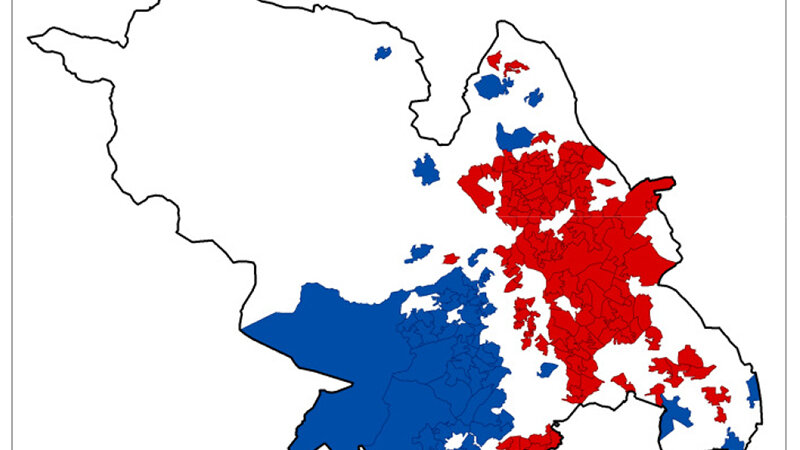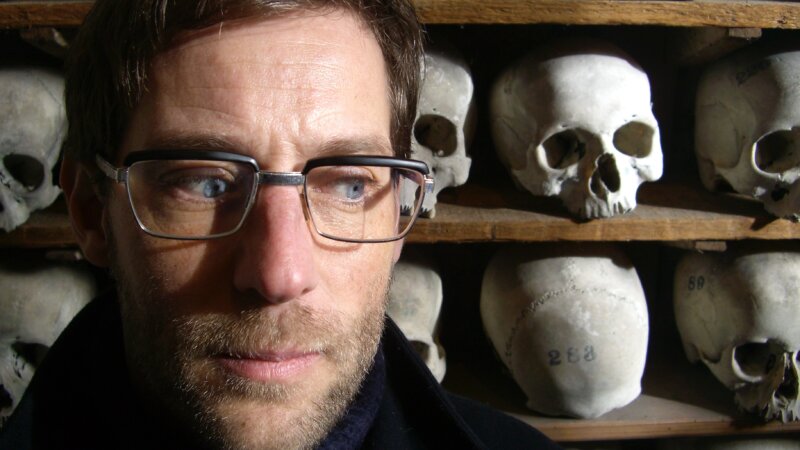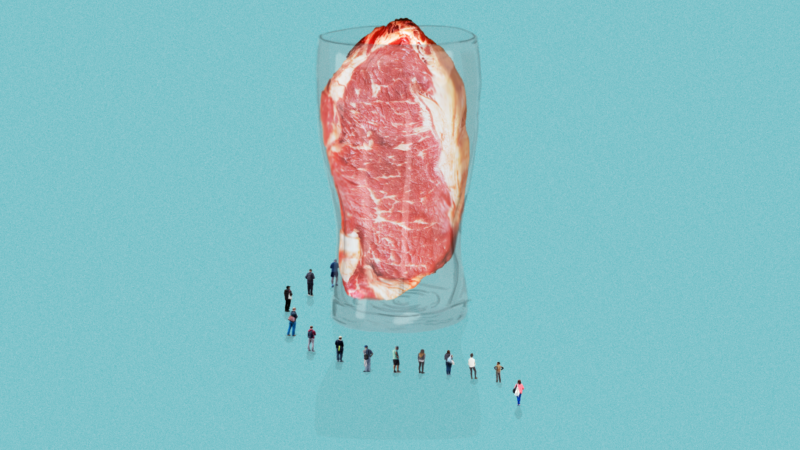Gaza: Power & Accountability
During the heat of the conflict I started turning my face away from images of destruction and death within the walls of Gaza. I avoided seeing the headlines and winced at the radio news that hourly snagged my attention. I turned my face to protect myself from the brutality, and yet this compounds the suffering of Palestinians.
In 2011 I visited the occupied territory of the West Bank and Israel. I met with a wide range of people, from Hamas politicians to Zionist settlers. Throughout my time there it seemed the more I learned, the more complicated it became. The nearest thing to a moment of clarity came on the last day, the last stop on the way to the airport.
Yad Vashem is Israel's holocaust memorial and the most powerful monument to the ghastliness of 20th Century history. Entering Yad Vashem, you step down into a dark concrete bunker displaying the horror of anti-Semitism. The groups of soldiers are not for show, but rather young Israelis doing national service, preparing to protect Israel from the potential horrors that Israel was born out of. It is not just the story of the holocaust, but also the story of Israel. After the stifling ordeal of this underground terror, you emerge onto a balcony bathed in sunlight. The sound of children laughing is played through discreet speakers. The message cannot be missed. When the world hates you, this Jewish state will be safe. Every young Israeli experiences this emotional journey. So when rockets fly from Gaza they become an extension of the holocaust, the rocket sirens a reminder that out there people want you dead.
The people of Gaza now suffer, unable to flee, unable to avoid the bombs which hit the only sanctuaries available, UN schools sheltering the vulnerable. Maybe now is the time to trot out the usual disclaimer that I do not condone violence of either Israelis or Gazans. I acknowledge the rights of both groups to defend themselves. I believe all parties should adhere to international law. This familiar set of statements does nothing to remove the guilt from those who indiscriminately fire rockets from Gaza or those who shell UN schools and kill civilians.
The UK is tragically tied to this situation, from the Balfour declaration of 1917, which intended to create the Jewish state, to the £42 million of weapon export licences issued to Israel since 2010. Drones and ammunition landing in Gaza appear to have been manufactured in the UK. We can try to wash our hands of the horrors we see in the news, but turning our faces away is an implicit support of Israeli action.
Christian Aid has worked in Israel and Palestine since the 1950s and today works with more than 20 Israeli and Palestinian organisations to build peace and alleviate poverty. In a statement on 30 July, it stated: “This latest outbreak of violence is not about Gaza. The people who are now dying in their hundreds are paying the price for a lethal combination of international political impotence and indifference to decades of Palestinian dispossession and displacement. It appears from its actions that Israel disregards the most basic rights of Palestinians.”
The one thing asked of me by the few Palestinians I met was to see what their life was like and tell others of it. This situation is not resolved by a ceasefire while Gaza falls back through the pages of your newspapers. Palestinians in Israel, the West Bank and Gaza face regular violations of their human rights. Many Palestinian villages are repeatedly demolished at the crack of dawn and the homeless families billed and fined. Illegal Israeli settlements continue to be built in the West Bank and settler violence against Palestinians goes unpunished. Israel restricts movement through humiliating checkpoints and denies access to Palestinian land and water.
Christian Aid suggests the answer lies in holding to account those who break international law. When the first UN school was hit I sent a letter to my MP, in which I explained my sense of powerlessness and frustration at the bombing of Gaza. I asked him to take some action, for whilst I felt powerless, the UK government does have power to act. Impunity for those breaking international law must stop in order to allow peace to grow. You may want to ask your MP why the UK abstained in a recent UN vote to investigate human rights violations in Gaza. As citizens who our politicians serve and represent, we have the power and duty to hold them to account.
Image: Marius Arnesen )






